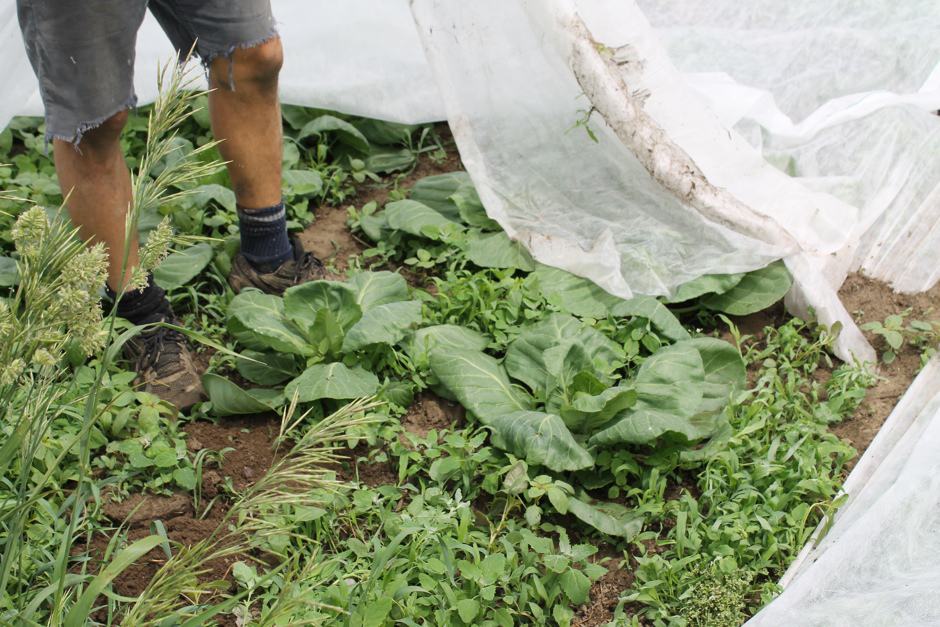Roughly 30 individuals met for the launch of the University of Toronto Food Policy Council last Friday. Originally called Dig In!, the council will expand its focus beyond campus agriculture to advocacy for more sustainable food systems and policies. It is the first university-wide food policy council.
The launch took place on the last day of New College’s World Food Day week. A diverse group of people turned out, ranging from environmental studies students to representatives from U of T Food Services and Food Secure Canada.
Hart House program coordinator Danielle Thibodeau and her coworker Kate Raycraft initiated discussions on Dig In! last year until they both decided the university wanted a food policy council. The City of Toronto already has a food policy council and a youth policy council. Thibodeau said that their legacy of success is important to the U of T vision, and also that the Food Policy Council is unique because of its student involvement.
“[The students] come from such different places themselves, they bring that diversity of background with them,” Thibodeau said. “Having all those different perspectives in one space at once is really unique. The fact that students are actively engaged in learning and thinking about things also affords them the time to apply that to policy and change as well. Unless your job, if you are not a student, is to think about food, you may not have time or space to actively think about it.”
Wayne Roberts, the Toronto Food Policy Council’s manager, was also present at the launch. He addressed how the new Food Policy Council is aligned with the three priorities U of T president Meric Gertler released for the school: leveraging U of T’s location, strengthening international relationships, and rethinking undergraduate education.
According to Roberts, the university’s location in multicultural Toronto and the green belt means that the Food Policy Council can move beyond multicultural food to intercultural food. “Although we want to promote local food, we also want to be equitable and make everyone feel comfortable with the food,” Roberts said.
Regarding international relationships, he suggested the importance of a fair trade campus and learning from others. Undergraduate education itself, can fuse work and learning to prepare future food professionals and leaders.
During the launch, attendees broke out into small groups to answer questions regarding the impact that food has on campus communities, and the kind of food challenges that exist on campus? They discussed problems such as food accessibility and solutions including more food education. These ideas will help shape the direction of the council.
“I hope that the council brings together a really diverse array of people on campus who have an interest in food,” Thibodeau said. “So students from all three campuses, staff, faculty — people who have a common interest in seeing a healthy campus and a sustainable campus, just allowing them space to talk and problem solve together.”
The council is affiliated with Hart House; it is not exclusively run by students, but rather is accessible to everyone in the university community.


